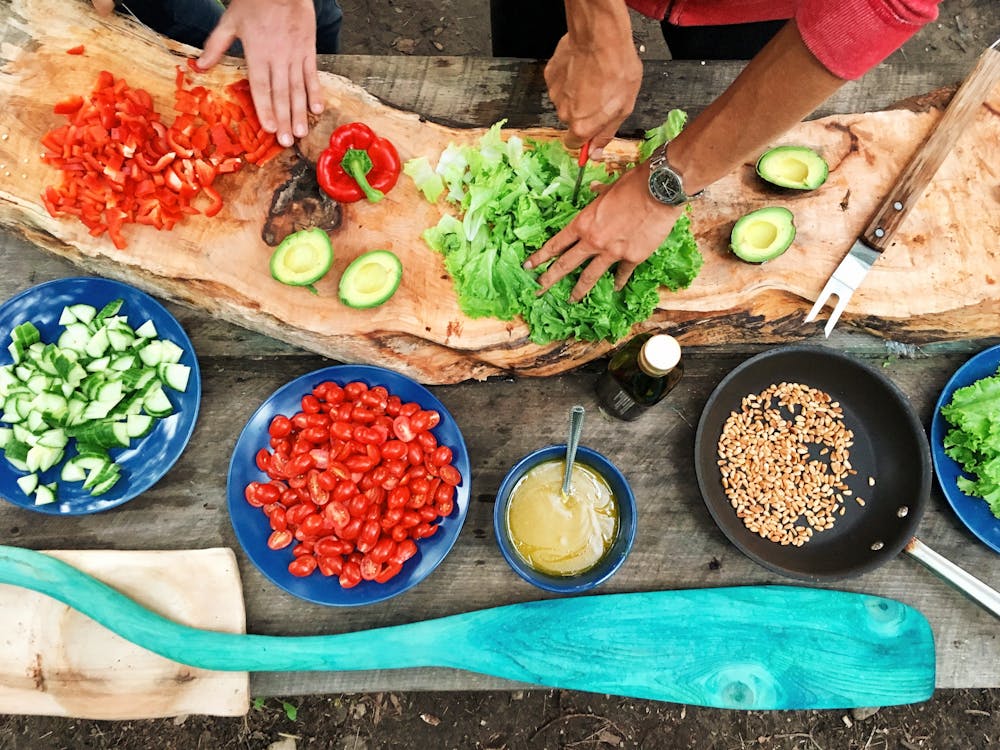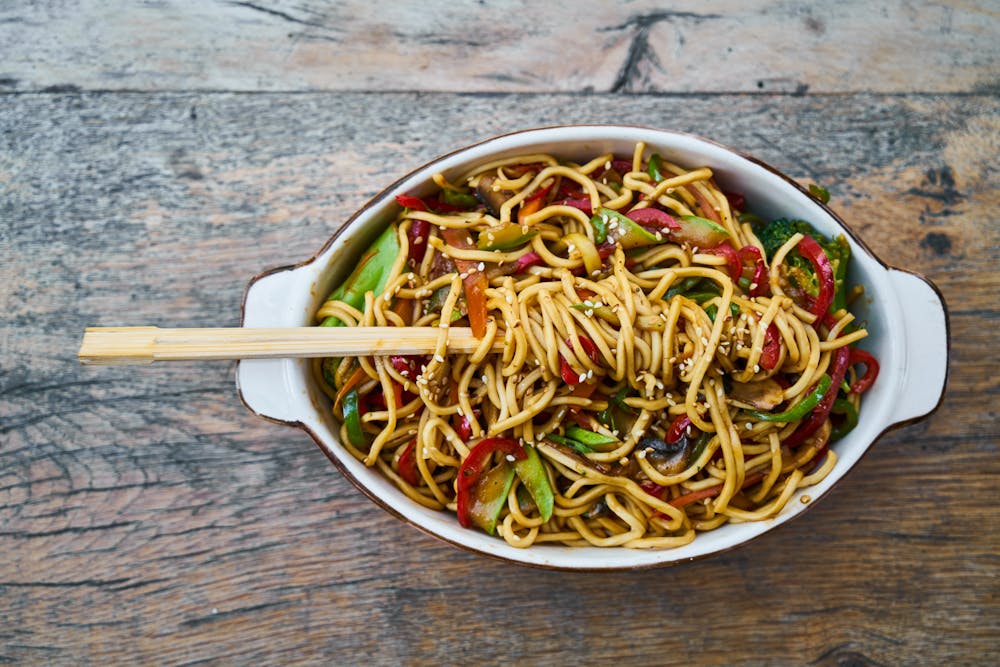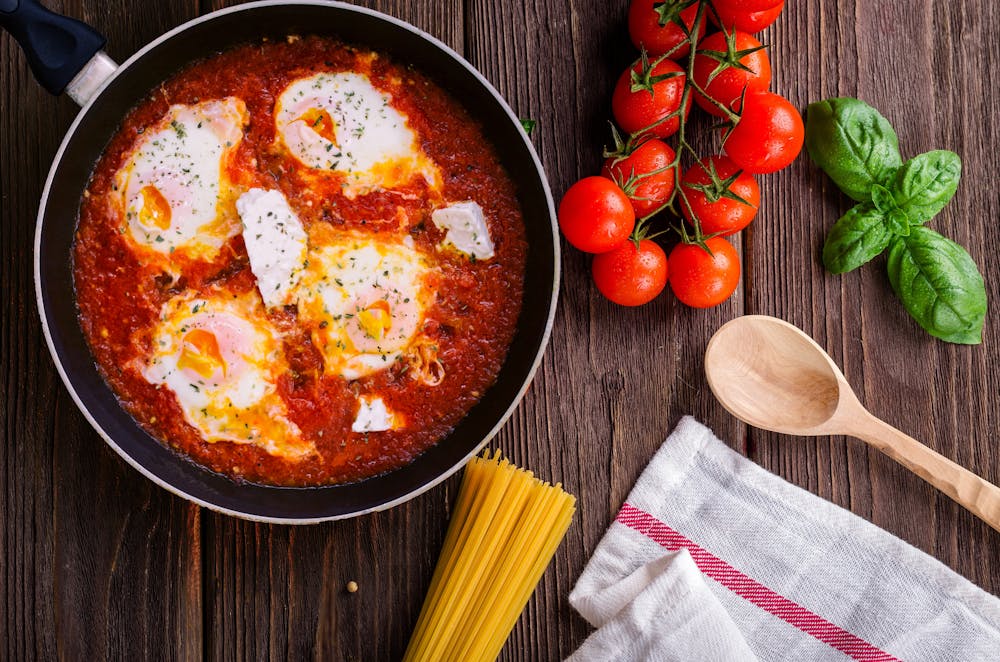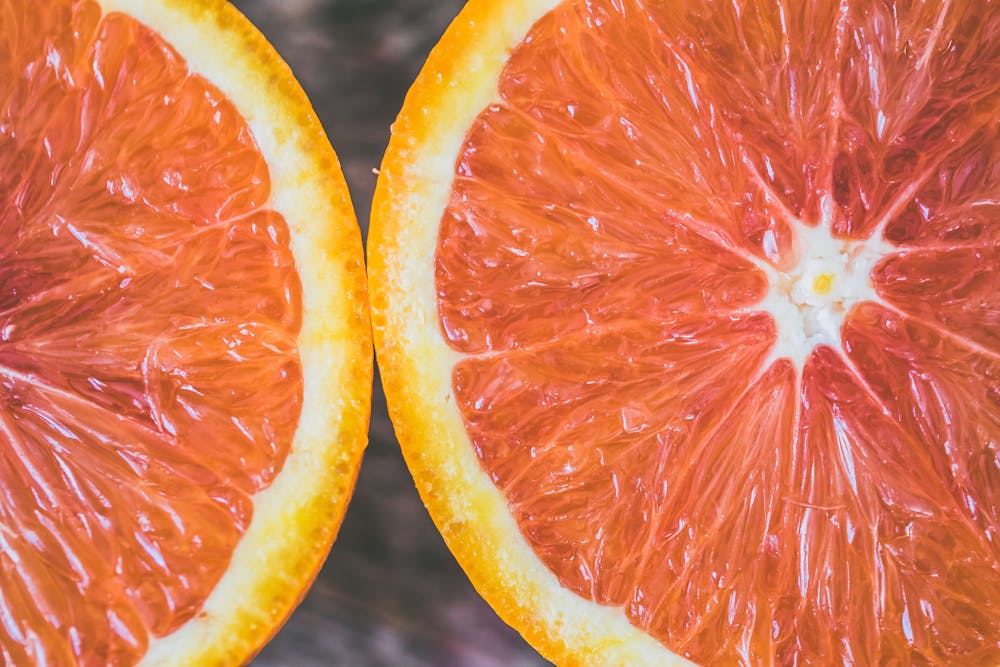Hey there, everyone! Today, I want to share some cooking methods that not only make our meals taste delicious but also help preserve the precious nutrients in our food. Yep, it’s all about cooking smart to ensure we’re getting the most out of the foods we eat. So, let’s dive into some handy cooking techniques that can help preserve those valuable nutrients and keep our bodies happy and healthy!
 First up, let’s talk about steaming. Steaming is a gentle cooking method that involves cooking food over hot steam. Unlike boiling, which can cause water-soluble vitamins like vitamin C and B vitamins to leach out into the water, steaming helps retain these nutrients by cooking food without direct contact with water. Plus, steaming helps preserve the natural color, flavor, and texture of fruits and vegetables, making them both nutritious and delicious.
First up, let’s talk about steaming. Steaming is a gentle cooking method that involves cooking food over hot steam. Unlike boiling, which can cause water-soluble vitamins like vitamin C and B vitamins to leach out into the water, steaming helps retain these nutrients by cooking food without direct contact with water. Plus, steaming helps preserve the natural color, flavor, and texture of fruits and vegetables, making them both nutritious and delicious.
 Next, let’s talk about sautéing and stir-frying. These quick and easy cooking methods involve cooking food in a small amount of oil over high heat for a short period of time. Because the cooking time is relatively short, sautéing and stir-frying help preserve the nutrients in food, including heat-sensitive vitamins like vitamin C and folate. Plus, these methods add flavor and texture to dishes without the need for excessive amounts of oil or added fats.
Next, let’s talk about sautéing and stir-frying. These quick and easy cooking methods involve cooking food in a small amount of oil over high heat for a short period of time. Because the cooking time is relatively short, sautéing and stir-frying help preserve the nutrients in food, including heat-sensitive vitamins like vitamin C and folate. Plus, these methods add flavor and texture to dishes without the need for excessive amounts of oil or added fats.
 Now, let’s talk about roasting and baking. These dry-heat cooking methods involve cooking food in the oven at high temperatures, which helps seal in moisture and flavor while preserving the nutrients in food. Roasting and baking are particularly great for cooking vegetables, as they help caramelize natural sugars and enhance flavors without the need for added fats or oils. Just be sure not to overcook your food, as prolonged exposure to high temperatures can cause nutrient loss.
Now, let’s talk about roasting and baking. These dry-heat cooking methods involve cooking food in the oven at high temperatures, which helps seal in moisture and flavor while preserving the nutrients in food. Roasting and baking are particularly great for cooking vegetables, as they help caramelize natural sugars and enhance flavors without the need for added fats or oils. Just be sure not to overcook your food, as prolonged exposure to high temperatures can cause nutrient loss.
 Moving right along, let’s talk about grilling. Grilling is a popular cooking method that involves cooking food over an open flame or hot grill. While grilling can cause some nutrient loss due to the high heat and direct exposure to flames, it’s still a great option for preserving nutrients in food, especially lean proteins like chicken, fish, and tofu. To minimize nutrient loss, marinate your food before grilling and avoid charring or burning it.
Moving right along, let’s talk about grilling. Grilling is a popular cooking method that involves cooking food over an open flame or hot grill. While grilling can cause some nutrient loss due to the high heat and direct exposure to flames, it’s still a great option for preserving nutrients in food, especially lean proteins like chicken, fish, and tofu. To minimize nutrient loss, marinate your food before grilling and avoid charring or burning it.
 Last but certainly not least, let’s talk about microwaving. Yep, you heard that right – microwaving is actually a surprisingly nutrient-friendly cooking method. Because microwaving cooks food quickly and with minimal water, it helps preserve the nutrients in food better than many other cooking methods. Plus, microwaving is super convenient and requires little to no added fats or oils, making it a healthy option for busy days when you need a quick and easy meal.
Last but certainly not least, let’s talk about microwaving. Yep, you heard that right – microwaving is actually a surprisingly nutrient-friendly cooking method. Because microwaving cooks food quickly and with minimal water, it helps preserve the nutrients in food better than many other cooking methods. Plus, microwaving is super convenient and requires little to no added fats or oils, making it a healthy option for busy days when you need a quick and easy meal.
 In conclusion, there are plenty of cooking methods that can help preserve the nutrients in our food while making our meals taste delicious. Whether you’re steaming, sautéing, roasting, baking, grilling, or microwaving, the key is to cook smart and be mindful of how you’re preparing your food. By choosing nutrient-friendly cooking methods and incorporating plenty of fruits, vegetables, whole grains, and lean proteins into your diet, you can nourish your body and support your health and well-being. So here’s to cooking smart and eating well – cheers to preserving those precious nutrients in our food!
In conclusion, there are plenty of cooking methods that can help preserve the nutrients in our food while making our meals taste delicious. Whether you’re steaming, sautéing, roasting, baking, grilling, or microwaving, the key is to cook smart and be mindful of how you’re preparing your food. By choosing nutrient-friendly cooking methods and incorporating plenty of fruits, vegetables, whole grains, and lean proteins into your diet, you can nourish your body and support your health and well-being. So here’s to cooking smart and eating well – cheers to preserving those precious nutrients in our food!




